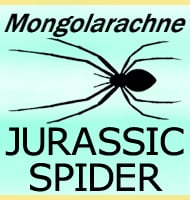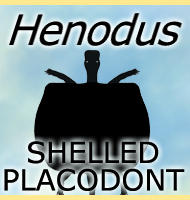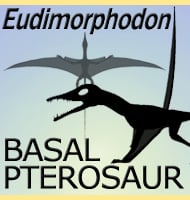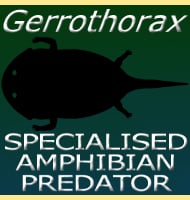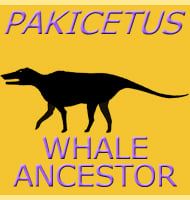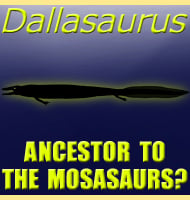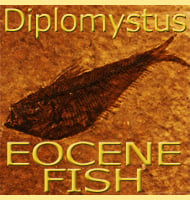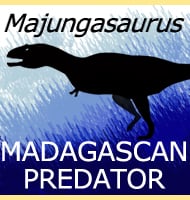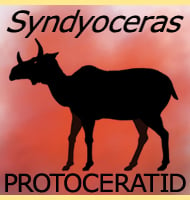In Depth
Genyodectes was first named in 1901 by A. S. Woodward who described it upon the basis of partial premaxilla and maxilla bones as well as a dentary. Because of the lack of other fossils the genus languished in relative obscurity for over a hundred years, with occasional references citing Genyodectes as a nomen dubium. However thanks to a 2004 study of the type specimen by Oliver W. M. Rauhut, the Genyodectes holotype is now actually considered to be diagnostic of a distinct genus. This is because the arrangement of the teeth in the premaxilla is only seen in one other theropod dinosaur genus, Ceratosaurus. At the same time however, Ceratosaurus only has three teeth in each premaxilla while Genyodectes has four teeth in each premaxilla indicating that while Genyodectes was probably very similar to Ceratosaurus, it was at the same time distinct.
Returning again to the 2004 re-description by Rauhut, the Genyodectes holotype is thought to have come from the Cerro Casta�o Member of the Cerro Barcino Formation. This by itself indicates that Genyodectes lived on the same landscape as the possibly even larger Tyrannotitan.
Further Reading
- On some extinct reptiles from Patagonia, of the genera Meiolania, Dinilysia, and Genyodectes. - Proceedings of the Zoological Society of London 1901:169-184. - Arthur S. Woodward - 1901. - Provenance and anatomy of Genyodectes serus, a large-toothed ceratosaur (Dinosauria: Theropoda) from Patagonia. - Journal of Vertebrate Paleontology 24(4):894-902. - Oliver W. M. Rauhut - 2004.

